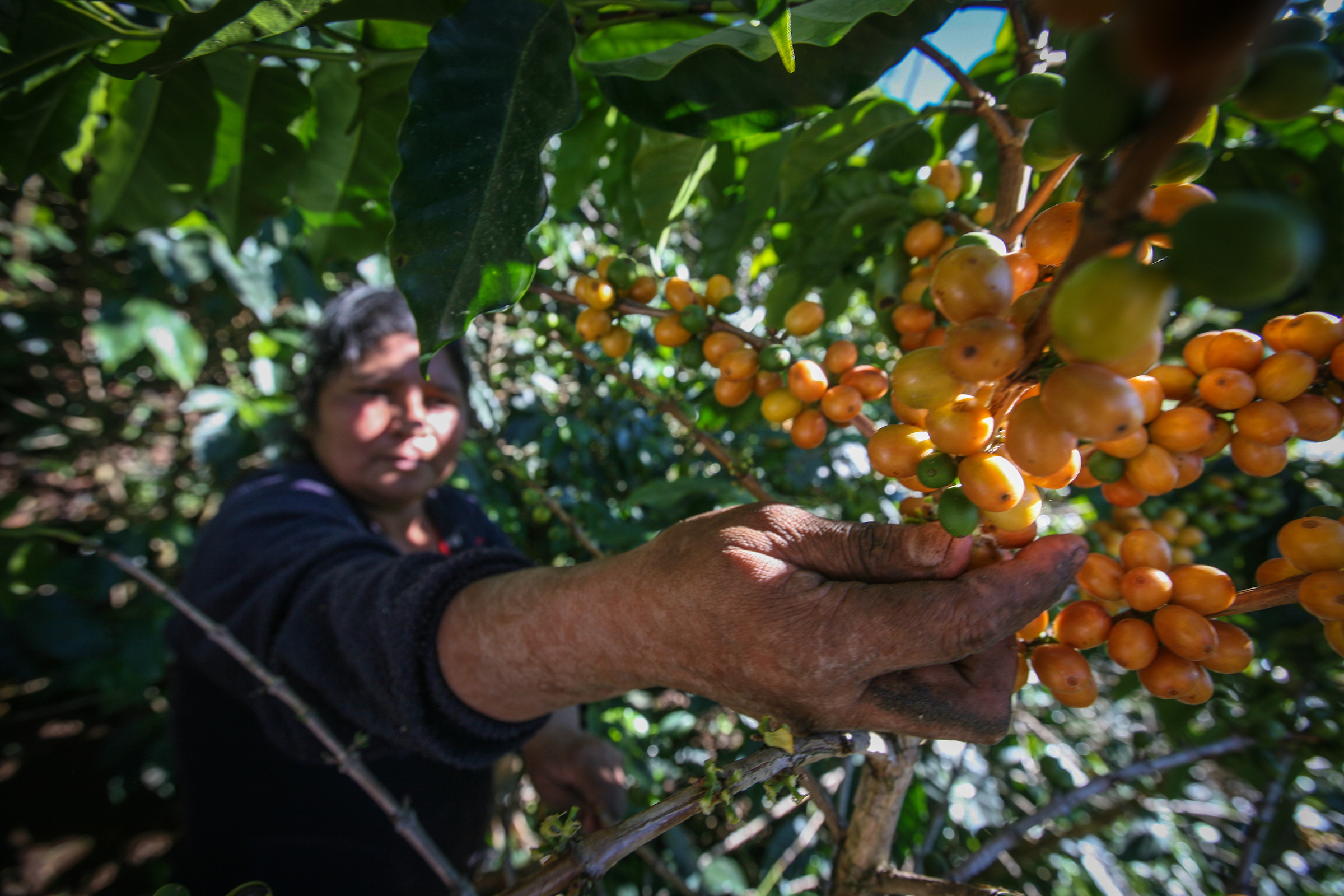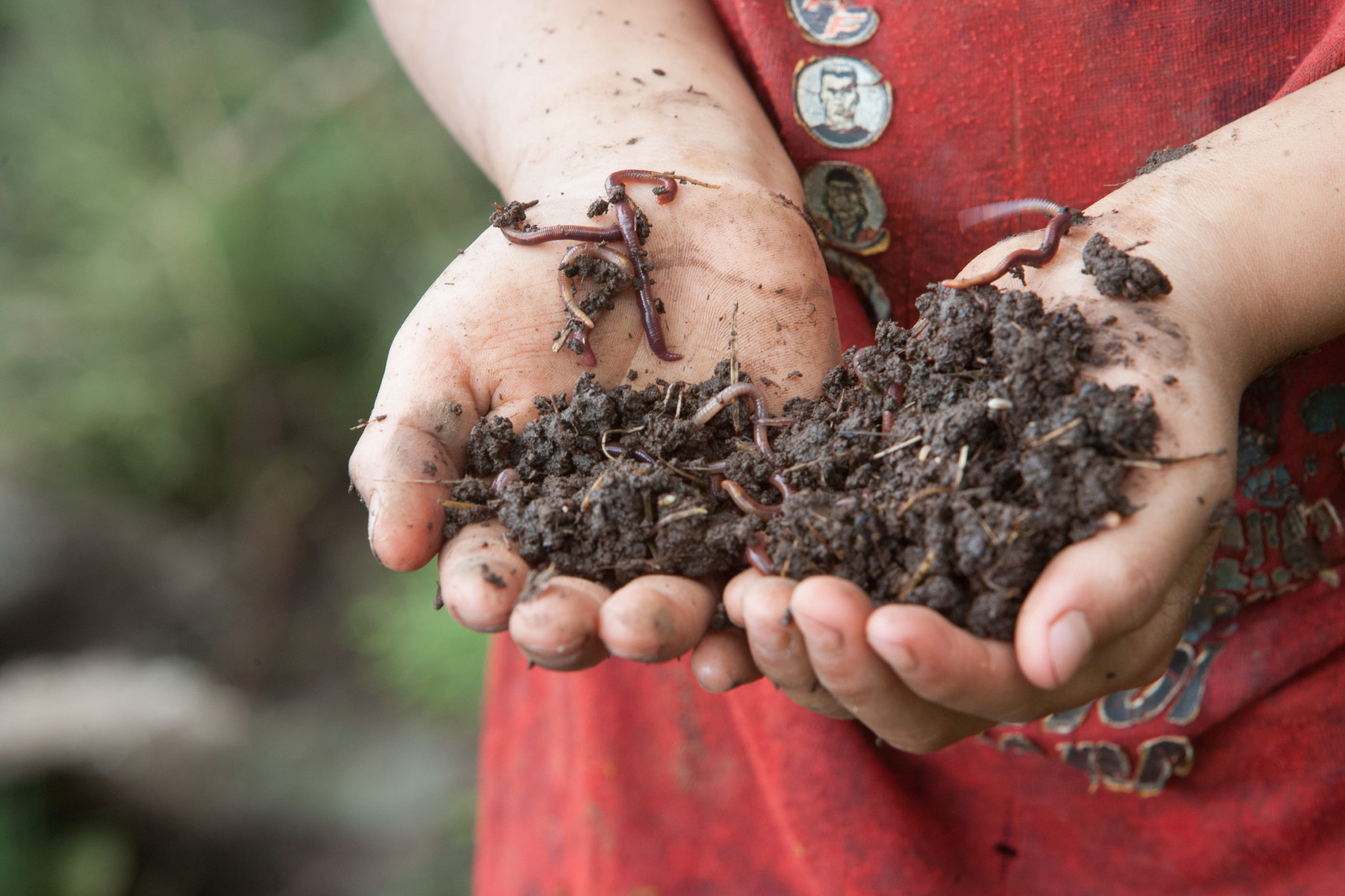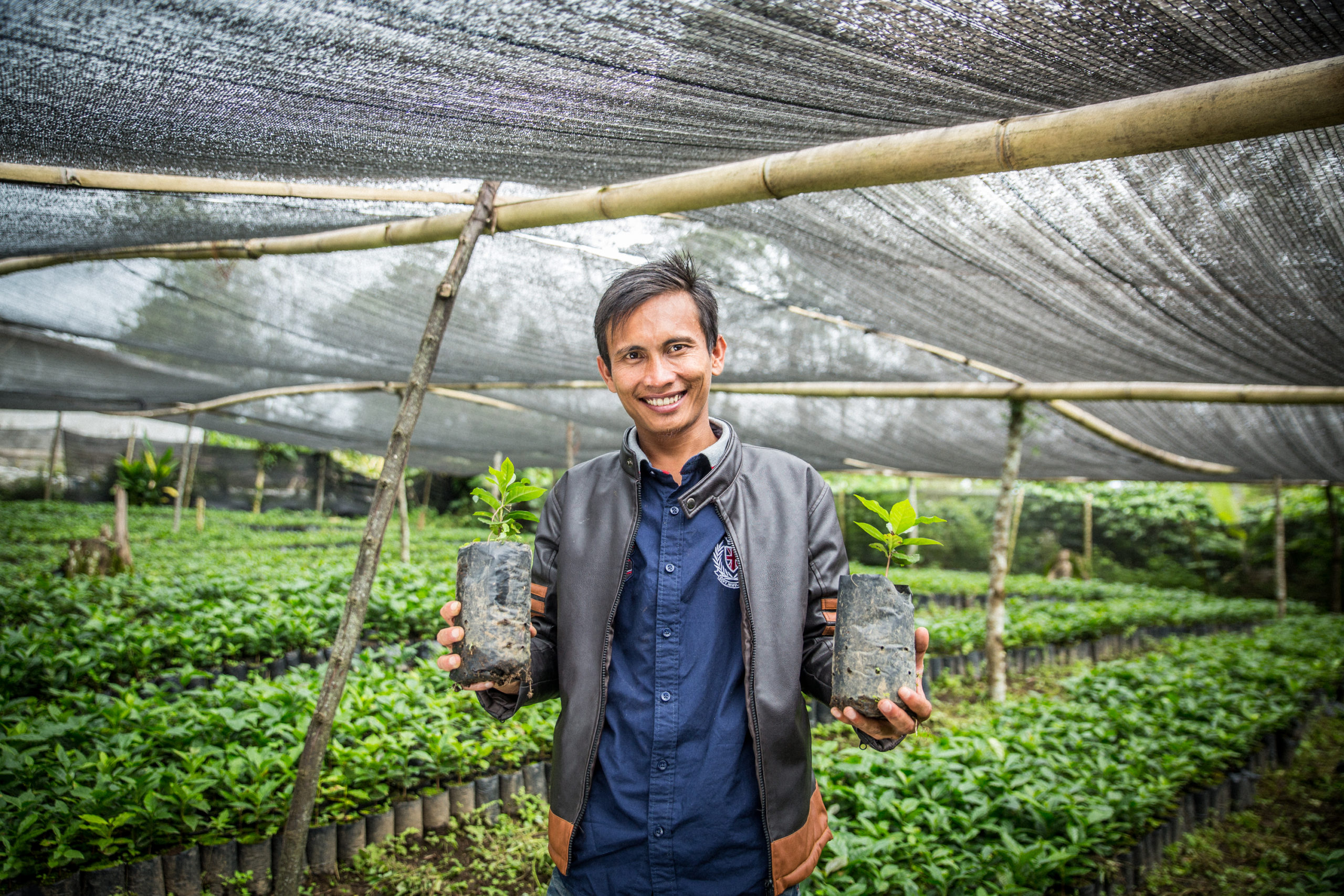
Eighty-five percent. That’s how much of our world’s need for climate finance is unmet according to the Climate Policy Initiative. As we bear witness to the ever-increasing threats of climate change on the world stage, we continue to fall far short of what’s needed.
Only 1.7% of global climate finance is directed to smallholder agriculture. Meanwhile, rural communities, among those least responsible for climate change, are bearing the full force of its impacts. This funding gap isn’t just a moral failure, but also a missed opportunity to direct resources to those best-prepared to lead us into a greener future.
Smallholder farmer businesses are frontline responders to the climate crisis. With the resources they need to invest in climate smart agriculture, these businesses-and the farmers they support-can capture carbon emissions, protect vulnerable forests, and help rural communities adapt to the urgent impacts of climate change. Too often, businesses are unable to access necessary financing to realize their potential. Traditional financial systems view loans to small and growing businesses as “too risky.” The challenge is especially acute in rural contexts and the unpredictability of climate change makes it even harder to find a loan.
Since 1999, Root Capital has worked to close the agricultural finance gap, ensuring that these businesses have access to the credit and capacity building required to thrive and grow. Now, we must do the same for climate finance, providing businesses with access to credit and advisory services tailored to specific climate needs and timelines.

Root Capital is proud to announce that we recently launched our first climate finance loans in Central America and East Africa. Our loans in Honduras and Nicaragua focus on soil regeneration, a core tenet of regenerative agriculture. With financing, smallholder agricultural businesses are helping their farmers invest in soil health and productivity. Farmers are already leveraging this opportunity to purchase organic fertilizers and other farm inputs that are replenishing micronutrients in local soil.
One cooperative leader that received a loan described the importance of investing in soil health:
“We noticed that year over year the yield was decreasing-because of erosion, our soils were very infertile. So, we’re working to analyze what [investments] could increase that fertility… and bring our yield back up.”
Through blended capital from philanthropic partners and our impact investors, we’re able to overcome the risk and cost that prevents traditional lenders from making these types of loans. Our donor-funded agronomic and climate resilience training leverages digital tools to create tailored fertilizer plans that farmers are able to execute using this financing.
And we’re looking for other opportunities to help agricultural businesses reduce their carbon footprint. In February, we closed a loan with a tree nut processor in Kenya to install solar panels: a project designed by the business that will transition their processing factory to predominately run on renewable energy.
 Nurseries for shade trees or climate resilient crop varieties, like the one pictured here, are key opportunities for climate finance.
Nurseries for shade trees or climate resilient crop varieties, like the one pictured here, are key opportunities for climate finance.
Now, we’re scoping new climate finance opportunities related to soil regeneration, clean energy, and agroforestry. Throughout this process, we’re anchoring on the needs and leadership of smallholder agricultural businesses on the frontlines.
Through our Climate Resilience Roadmap, Root Capital will do our part to bridge the climate finance gap in rural communities. But building an equitably green future is going to take all of us. As we continue to blueprint models for successful agricultural climate finance, we’re eager to partner with other lenders, donors, and investors to support locally led climate action. Together, we’re transforming the economy of climate finance for smallholder agricultural businesses. Will you join us?
Photos © Root Capital and Sean Hawkey

